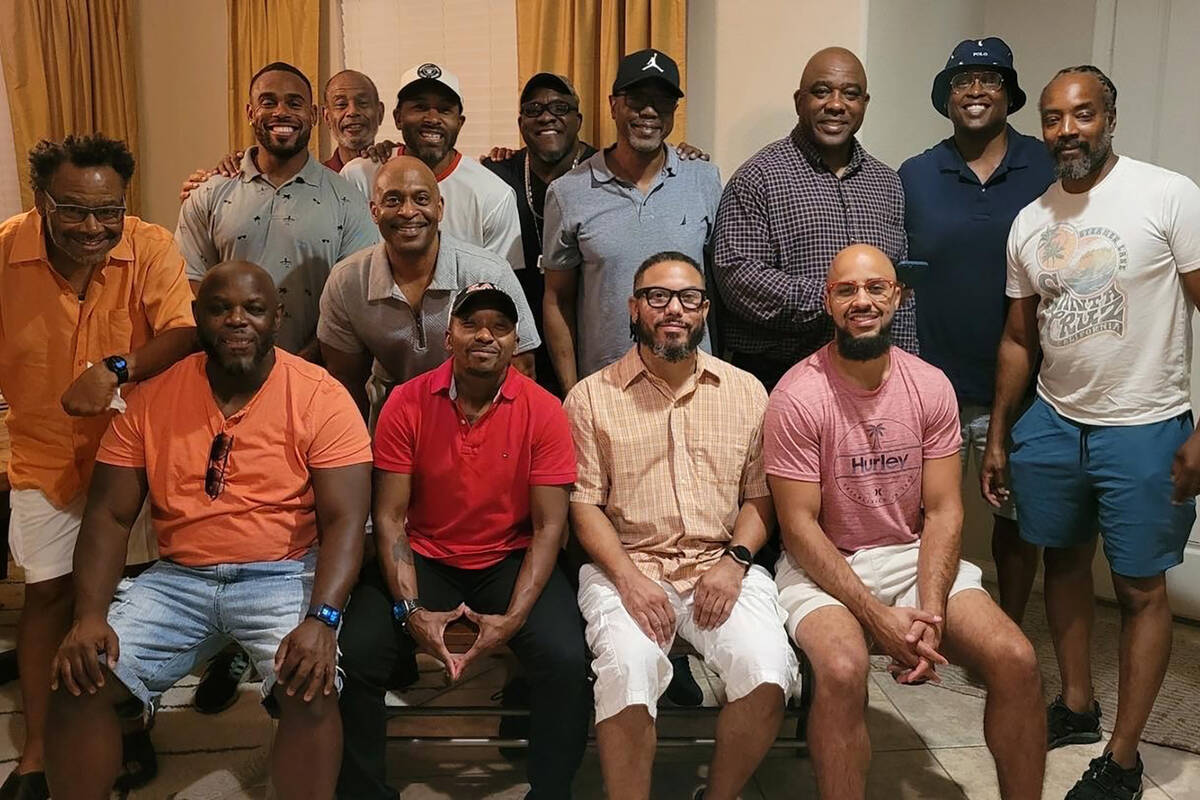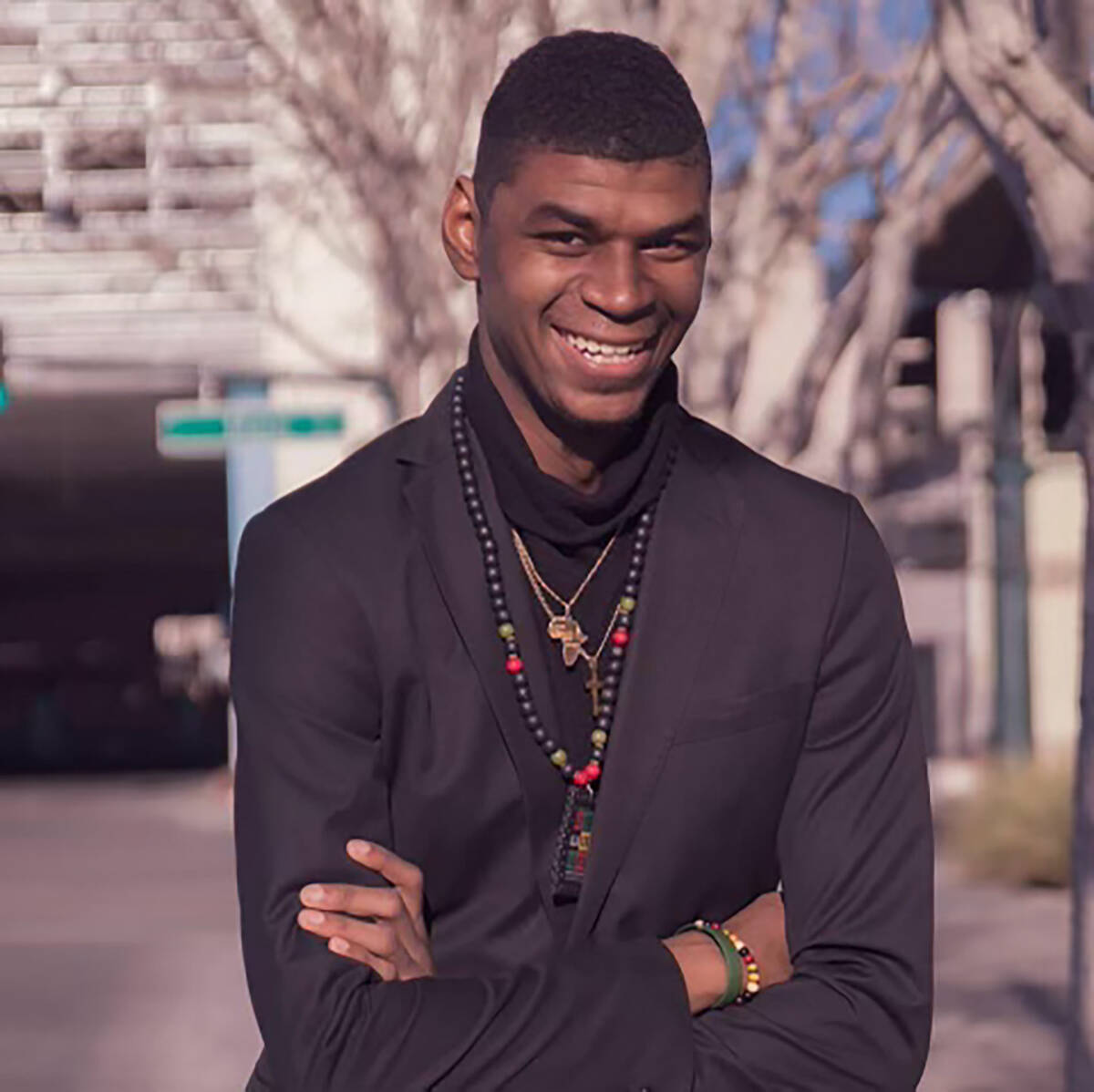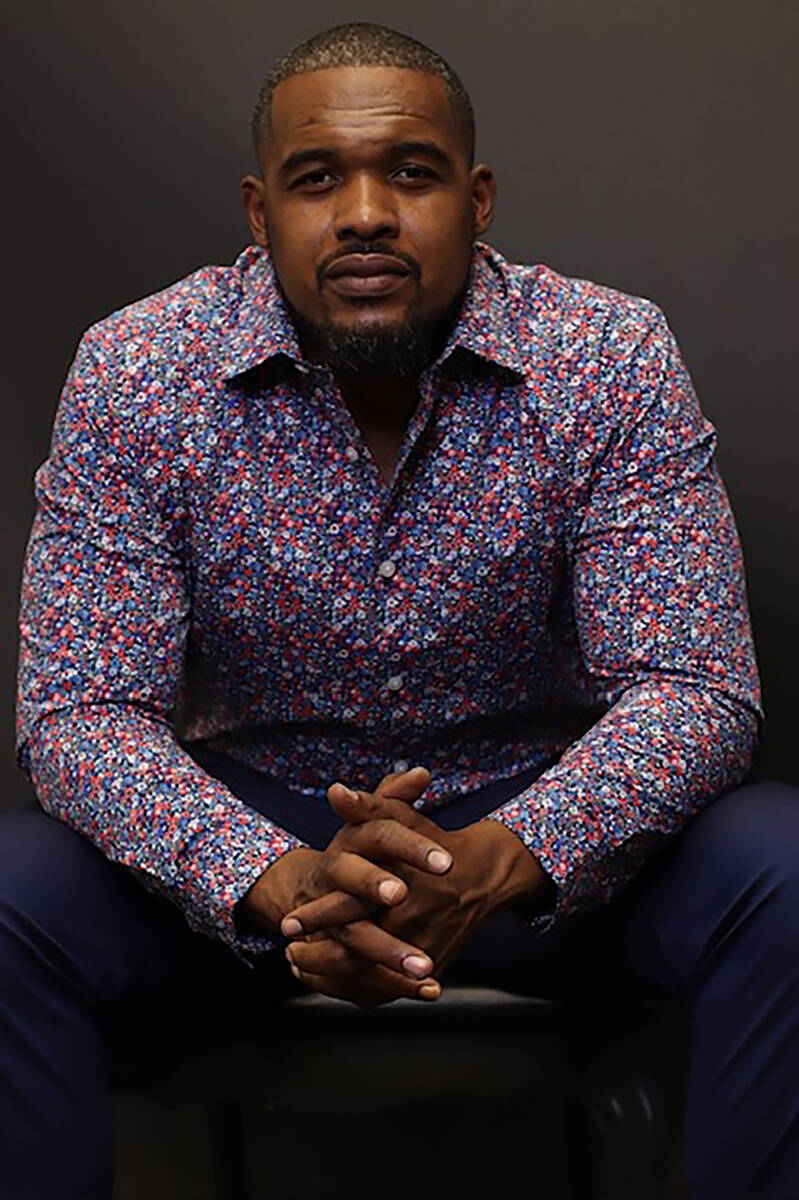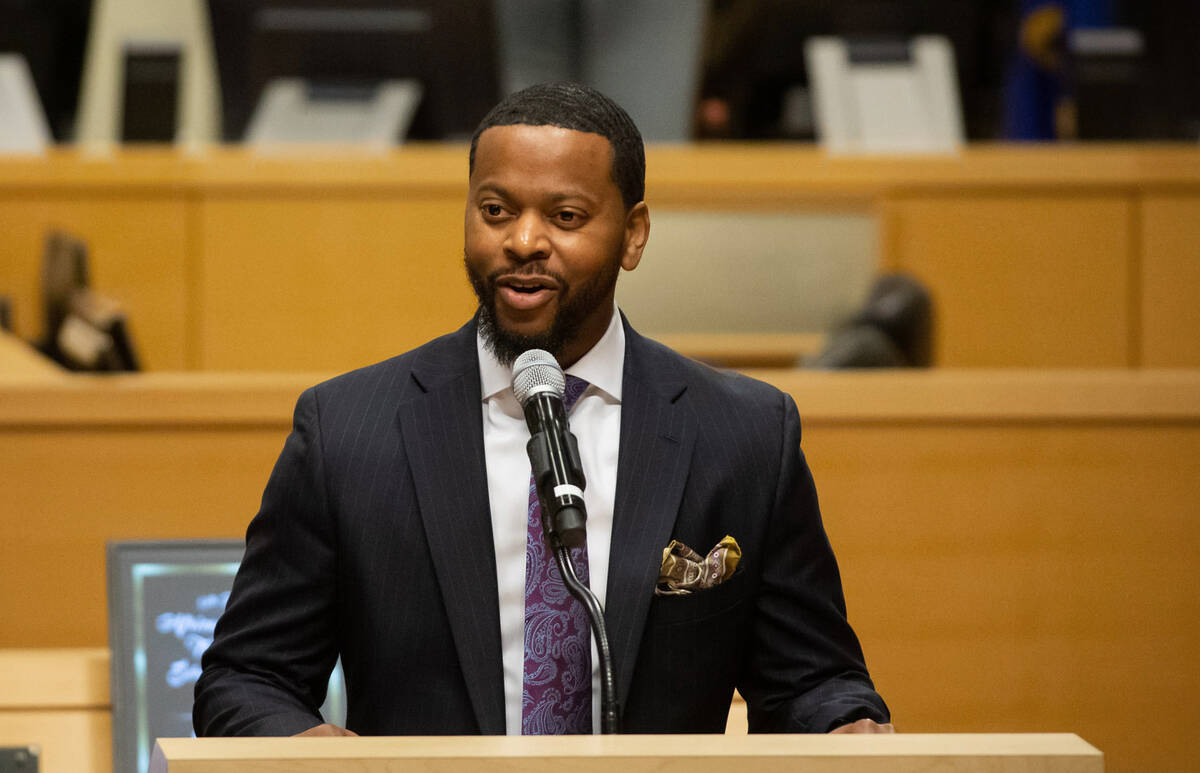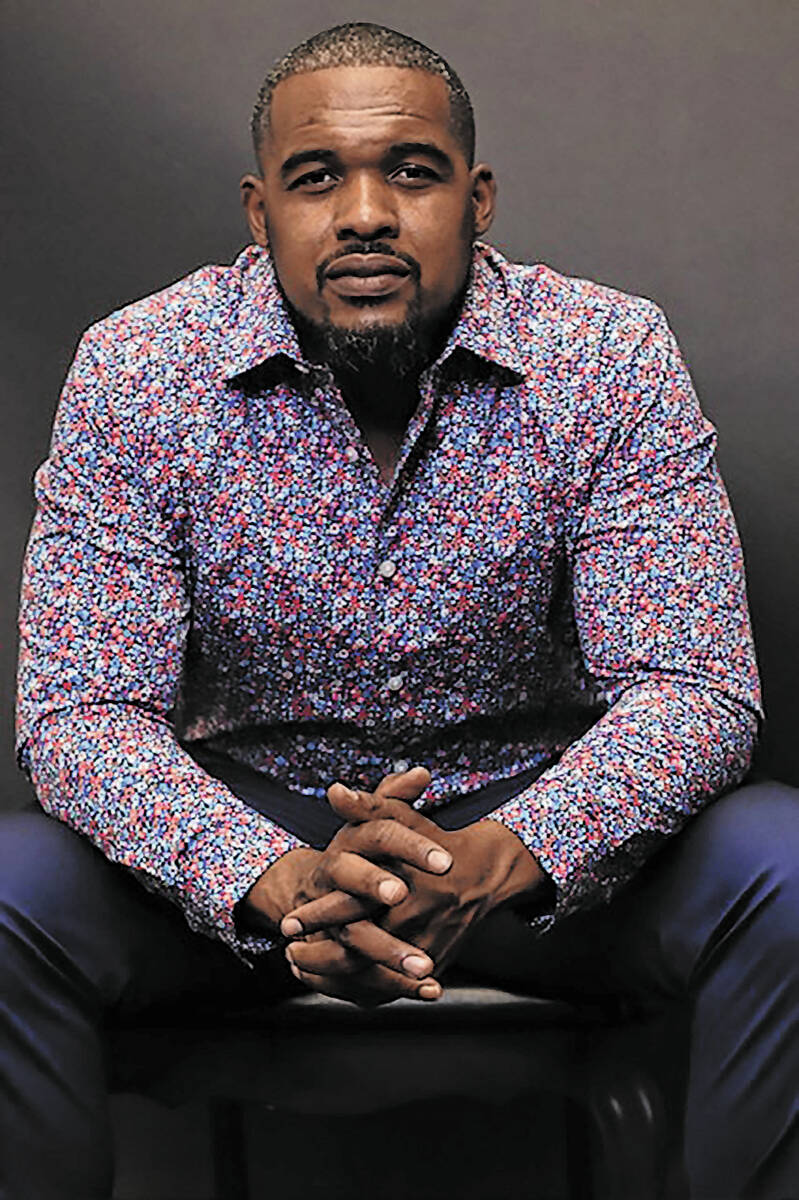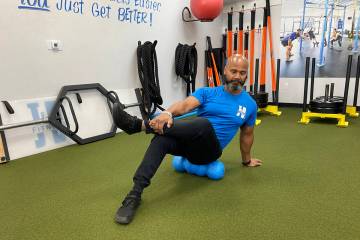Addressing barriers between Black men, mental health help
Each year during Black History Month, I always reflect on the achievements of African Americans and their critical roles in U.S. history. As an African American male, I cannot help but think how far we have come as a race, and I know my existence today would look very different without the many African American trailblazers who paved the way.
Despite the strides we have taken, I cannot grasp the discrepancy when it comes to addressing our mental health, especially among African American men, who have the highest prevalence of trauma, according to Mental Health America, but seek therapy less than any other demographic.
As a licensed mental health professional, I understand trauma and the importance of working through it. I have struggled to process my own trauma throughout the years, having not been fully aware of the impacts until later in my adult life.
During my doctoral program, my school required that all students participate in therapy. It was only then that I had my first breakthrough and an understanding of my experienced trauma.
Community leaders paving the way
In the past few years, I have noticed this trend of African American men reaching out for therapy. I have also noticed more local leaders within the African American community openly discussing mental health in public settings.
Normalizing mental health is so important, especially considering the amount of stigma surrounding the topic within the African American community.
I recently discussed mental health with Clark County Commissioner William McCurdy II; author, life and business coach Brandon Ward; and community organizer and minister Stretch Sanders.
McCurdy has been front and center leading the charge on mental health awareness, speaking openly on the topic in the community. Before taking office, he recognized the lack of focus on mental well-being, especially within the African American community. McCurdy co-created a podcast centered on mental health.
“We had an opportunity to not only talk about the various conditions around mental health but also to talk about some of the coping mechanisms that are needed to help individuals who may or may not be aware that they are suffering from a mental health condition to have those resources available to them,” he said.
Ward has written several award-winning books and given several speeches, and he has never shied away from sharing his blueprint for keeping a clear mind.
“It is a daily process,” he says. “Everything I do is based on my mental health. From the time I wake up until the evening, I am making sure I am pouring into myself so that I can prepare myself for the next day. We are at our best when we have a clear mind, and when we don’t have a clear mind, we make ourselves vulnerable to the environment around us.”
Sanders, who has been a notable leader in the community since age 19, always makes it a point to share, with those inside and outside of his circle, the importance of therapy and how it has helped him.
The 29-year-old Sanders explained that people go to therapy for many reasons, not only when they are struggling with a mental health condition or experiencing a mental health crisis, but simply to keep their mental health in check.
“I want more Black men, or men that look like me, to go to therapy because it would heal a lot of the things we deal with internally, which is why I advocate for it and try to say something about it as much as I can,” he said.
Healing from trauma
Sanders talked of how life is filled with ups and downs, which for him included feeling paralyzed by depression during a period of his life, with bouts of persistent sadness.
“Sometimes when we go through things personally, our family’s reaction and response also impacts us,” he said.
Ward explained how he was affected by trauma throughout his childhood, and how a significant injury ended his baseball dreams.
“I did not really know what to do,” he said. “Getting hurt and not going to the league and not having baseball as my plan made me lost, which caused a lot of depression.”
McCurdy also shared how his mental health was affected. “I was 16 years old, I was playing sports, and I seemingly had everything going for me, then I found out I failed a test and that I had a kid on the way, which ultimately led to me dropping out of school to provide for my son,” he said. “It occurred to me during that period of time, ‘I am kind of depressed,’ as I lost interest in activities.”
Access to services
Finding the right mental health provider can be challenging and time-consuming. Finding a culturally affirming therapist can bring another set of challenges.
Oftentimes, going out of network or paying out of pocket are the best ways to find the right therapist. However, for most people these options are not sustainable, as therapy can be expensive.
As Sanders indicated, “not every therapist takes everyone’s insurance. Everything has a cost, even to be healthy, mentally.”
Several years ago, I created a collective of African American male therapists in which we provide sliding fee scales for therapy and even offer pro bono services.
As we reflect on this Black History Month, barriers such as cultural norms, stigma, access to care, mistrust of the system, lack of culturally informed providers, and misconceptions associated with mental health are prevalent, but I am hopeful that if we continue to address these issues with a tenacity seen with other social issues, African American men will be on the right path to healing.
Dr. Sheldon A. Jacobs, Psy.D., LMFT, is a licensed mental health professional based in Las Vegas. Contact him at drjacobs10@hotmail.com. Follow @drjacobs33 on X and Instagram.



